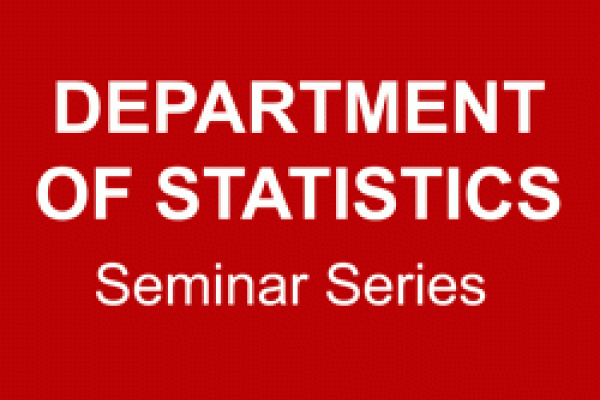
Title
Novel Adaptations of Multiple Imputations
Speaker
Jerry Reiter, Duke University
Abstract
Multiple imputation was originally proposed as a tool for handling missing data in large surveys. The basic idea is to fill in missing values with draws from predictive distributions to create multiple completed datasets, and combine point and variance estimates from the completed datasets using simple formulas. Since then, the multiple imputation framework has been adapted to a variety of settings. This talk focuses on two such settings: protecting confidentiality of sensitive data in public use files, and correcting measurement errors. I discuss why and when these settings require methods of inference that differ from the standard multiple imputation combining rules. As I discuss, the key insight is that the information available for conditioning in these settings differs from that used in standard missing data contexts.
